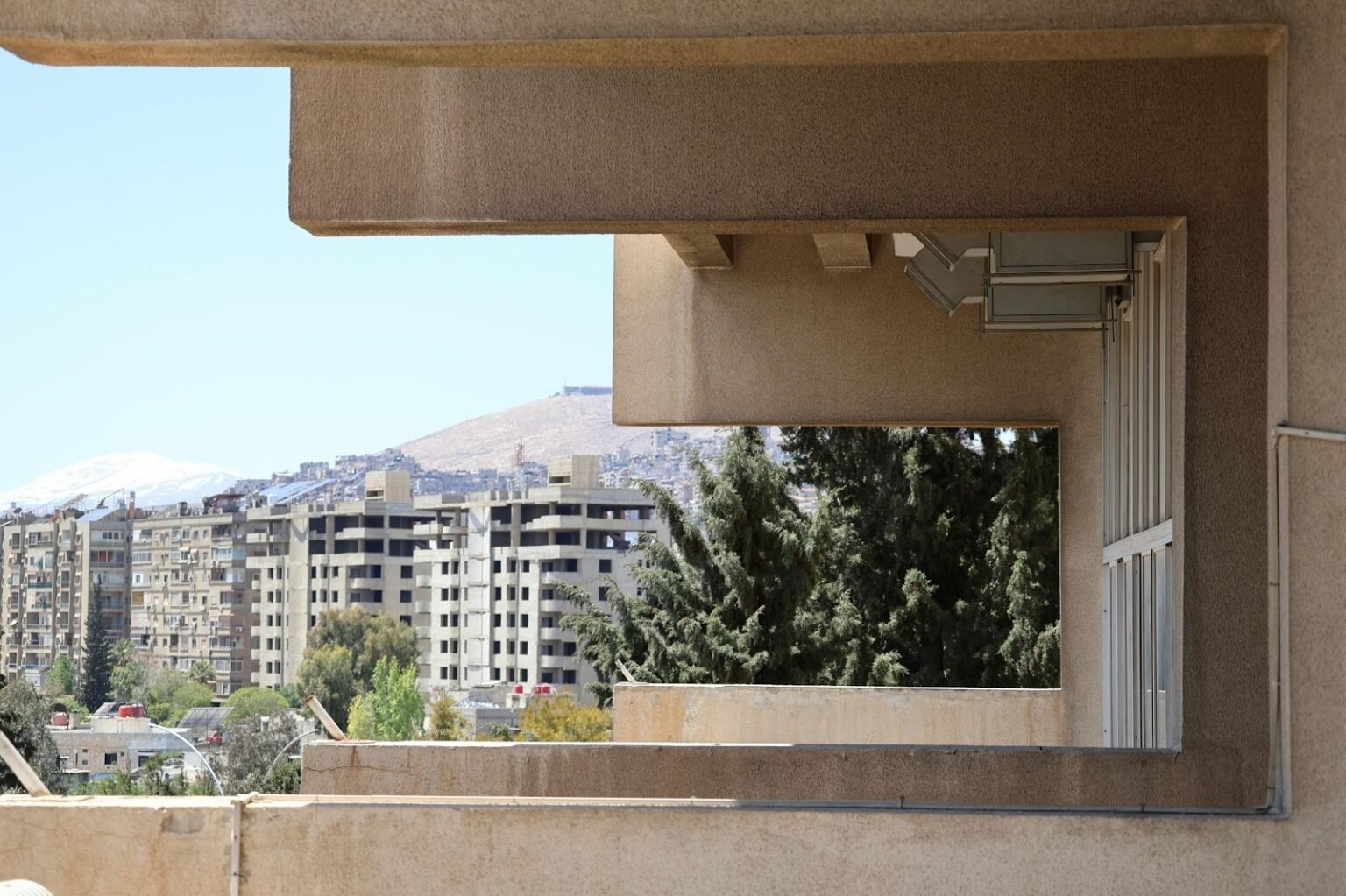Since the fall of the Syrian regime, the nature of the relationship between Syria and Israel has remained vague, defined by conflicting statements and inconclusive interpretations. Despite numerous indications of a potential improvement in relations, the road between Damascus and Tel Aviv does not appear to be lined with roses.
The optimism that accompanied the rise of Syrian President Ahmed Al-Shara was quickly met with a series of political and security complications. The most significant of these may be the latest statement from the Israeli Foreign Minister, who declared that any normalization agreement will not include an Israeli withdrawal from the Golan Heights, which is the core issue between the two nations.
Negotiations on New Security Arrangements:
According to a report by the website Al-Monitor, negotiations between Damascus and Tel Aviv are focused on intelligence and diplomatic levels. The report states that both parties are considering a reworking of the 1974 agreement rather than a comprehensive peace treaty.
To facilitate such a reworking, the talks — if accurate — involve the potential deployment of American forces along the Golan Heights, along with a review of the role of UNIFIL forces.
Abu Dhabi Meeting: Al-Shara with Israeli Officials:
More explicitly, Israel’s i24 channel revealed that Syrian President Ahmed Al-Shara met with senior Israeli security officials in Abu Dhabi during his visit to the UAE last April. The channel stated that the meeting discussed a ‘gradual’ peace plan, which includes reaffirming the 1974 agreement, without revealing further details.
Syria: A ‘Zero Crises’ Phase:
In a significant development, Syria, through the words of Qutaiba Idlibi, Director of the American Affairs Department in the Syrian Foreign Ministry, reaffirmed its aim to resolve all external problems by the end of the year. He explained that the easing of sanctions came following what he described as a ‘radical’ shift in the policies of the new Syrian government, emphasizing the country’s efforts to open a new chapter in its international relations.
These developments do not necessarily indicate that a comprehensive peace between Syria and Israel is imminent. However, they certainly suggest a new approach to bilateral relations — one that remains shaky given Turkey’s growing influence in Syria, and the persistent reservations of segments of the Syrian public, all pointing to a strategy of conflict management. From the Israeli side, the Foreign Minister’s recent assertion that no agreement will include withdrawal from the Golan further underscores that what lies ahead may be a new ceasefire, rather than a full peace treaty.



